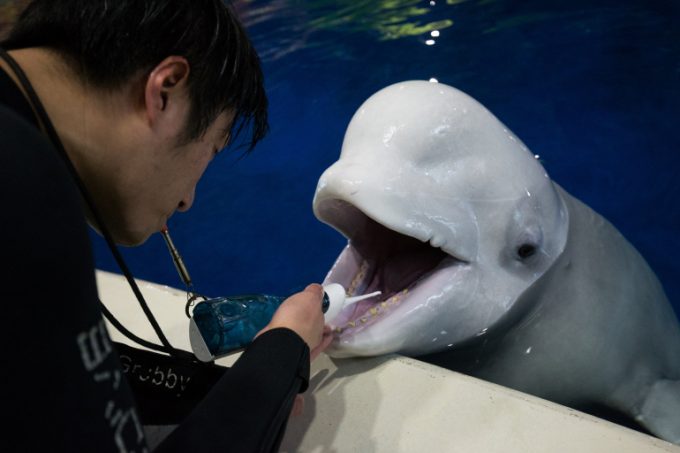IATA fights back as India hits major foreign airlines with tax evasion allegations
Foreign airlines operating out of India are in the crosshairs of its regulatory authorities over ...

Live animal shipments are an increasing area of interest for airline and forwarders. While growth is expected to be 3-4%, yields can be good – but good service is critical.
For airlines, the key is the treatment of animals and their handlers. IATA has begun a CEIV programme to ensure standards, but many carriers have eschewed this in favour of working with specialists, or charities, to set their own standards.
However, forwarders say the real key to choosing an airline is its network – animals don’t like to ...
'Disastrous' DSV-Schenker merger would 'disrupt European haulage market'
Shippers in Asia restart ocean shipment bookings – but not from China
Volumes set to 'fall off a cliff' as US firms hit the brakes on sourcing and bookings
New senior management for DSV as it readies for DB Schenker takeover
Asian exporters scramble for ships and boxes to beat 90-day tariff pause
Temporary tariff relief brings on early transpacific peak season
Amazon pushes into LTL for small package fulfilment and UPS does a u-turn
Pre-tariff rush of goods from US to China sees air rates soar, but not for long
De minimis-induced ecommerce demand slump could cripple freighter operators
Forwarders 'allowing the fox into the chicken run' by supporting 'hungry' carriers
'Tariff madness' will prompt renegotiation of ocean shipping contracts
Navigating tariffs: 'like trying to solve a Rubik's cube while colour-blind'

Comment on this article